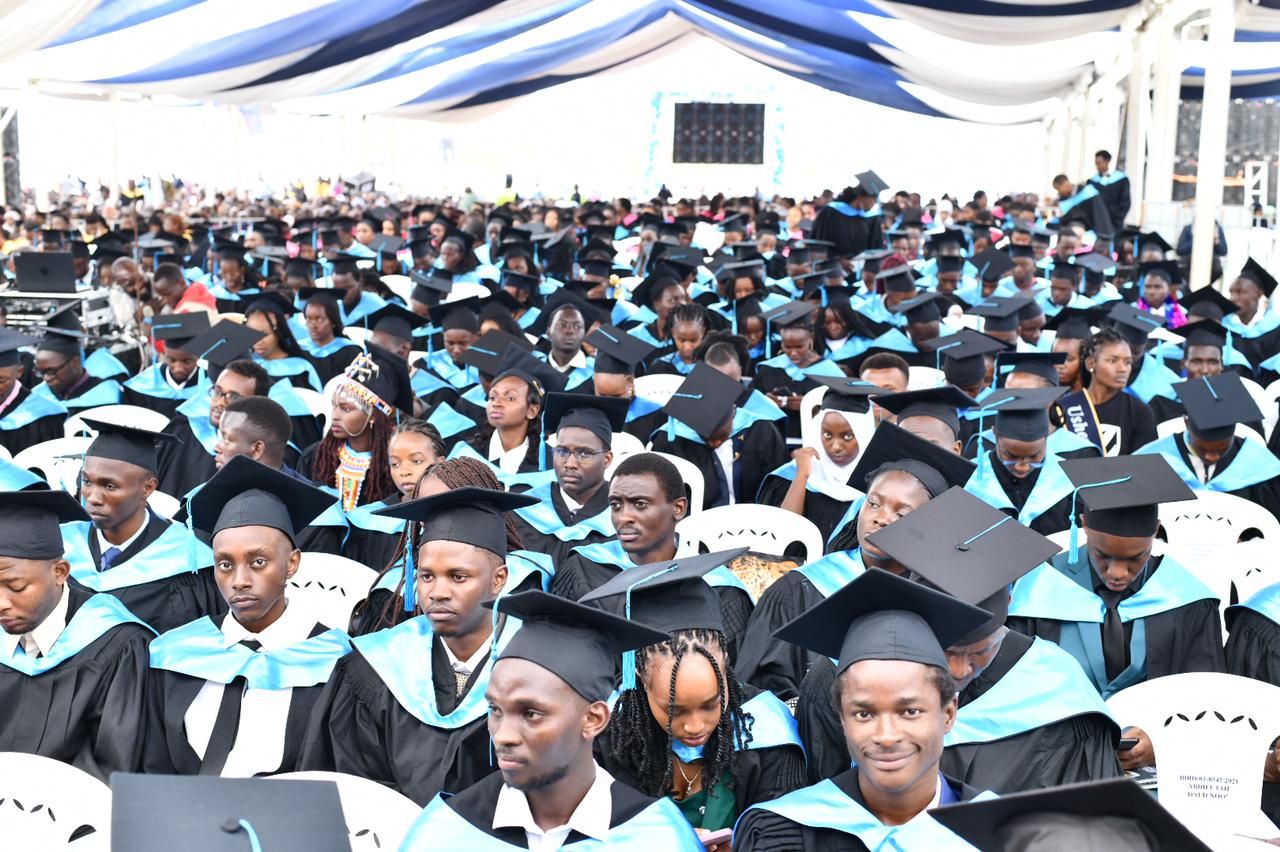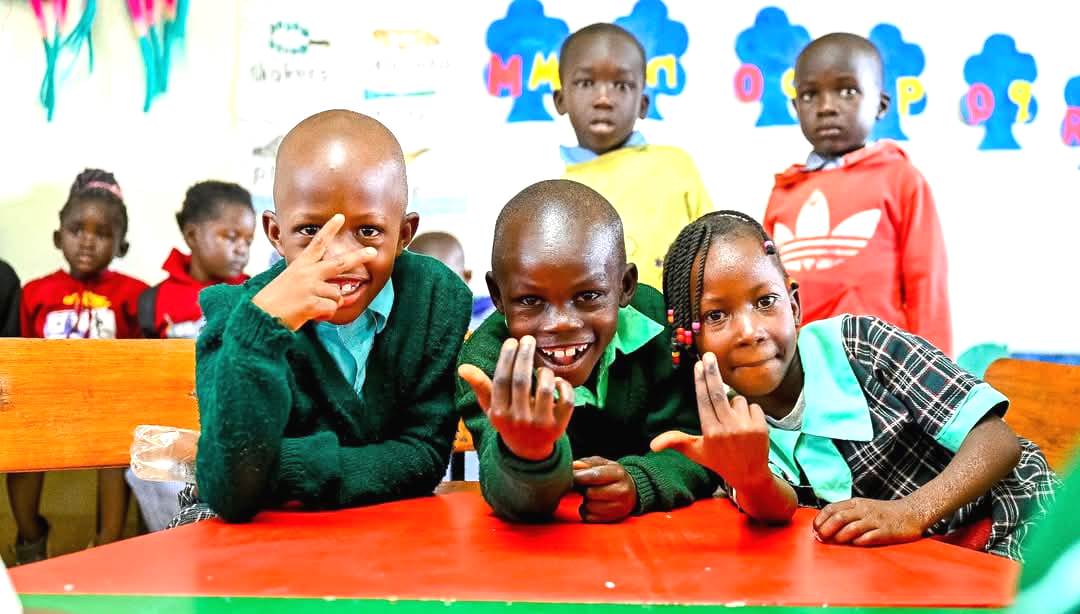Industry players now insist that graduates must demonstrate more than just academic knowledge to be considered competitive in today’s job market.
They insist that technical skills, digital literacy, innovation capacity, adaptability, and strong communication abilities are in the current world non-negotiable for employability.
Across Kenya and beyond, employers are growing increasingly vocal about the mismatch between what is taught in classrooms and what is needed in the workplace.
As a result, institutions of higher learning have been challenged to adapt their teaching models, curricula, and student experiences to ensure graduates are not only qualified but truly job-ready.
“Graduates must have a balance of technical expertise and soft skills. We are keen on offering courses that reflect industry needs such as data science and analytics because data is the new oil,” said CHRP Beryl Mate (MIHRM), Director of People and Culture at Zetech University.
ALSO READ:
TSC field officers under Teachwell Programme decry of allowance underpayment
“It’s not just about theory anymore. Practical, job-relevant skills are critical,” she added.
To bridge the gap between classroom learning and the professional world, universities were urged to prioritize real-world exposure.
Mate singled out the need for institutions to encompass structured internships, industrial attachments, and field visits as standard parts of many academic programs saying they allow students to apply classroom knowledge in actual work environments while also learning soft skills like teamwork, time management, and workplace etiquette.
“Industry visits and hands-on attachments expose students to real challenges and solutions, which enriches their learning and better prepares them for future roles,” Mate added.
She insisted that soft skills training has also become a central part of graduate development and employers are increasingly emphasizing emotional intelligence, leadership, critical thinking, communication, and adaptability.
“Universities must now respond by integrating leadership, personal branding, CV writing, and employability training into their programs. Every semester, students should be taken through employability skills training. This ensures they are prepared not only to get jobs but to thrive in them,” she insisted.
ALSO READ:
All roads lead to Kakamega as top schools battle for sports glory
She told journalists that institutions are now establishing innovation hubs, organizing hackathons and entrepreneurship competitions, and providing seed funding to help students turn ideas into tangible solutions.
These initiatives, she noted, not only promote creative problem-solving but also encourage students to become job creators.
“Research and innovation nurture graduates who are not just job seekers but job creators,” said Mate.
“We run innovation boot camps, provide funding for promising student ideas, and encourage problem-solving for community-based issues. This entrepreneurial spirit is crucial, especially in regions where unemployment is high,” she stated.
With globalization reshaping job markets, she rooted for students to be prepared to work across borders citing that exchange programs, international study trips, and exposure to global business trends are helpful in broadening student worldviews, enhancing cultural intelligence, and improving their competitiveness.
“Understanding different cultures and developing cross-cultural communication skills is key in today’s workplace. Global exposure expands how students think and operate,” Mate said.
By John Kamau
You can also follow our social media pages on Twitter: Education News KE and Facebook: Education News Newspaper for timely updates.
>>> Click here to stay up-to-date with trending regional stories
>>> Click here to read more informed opinions on the country’s education landscape






